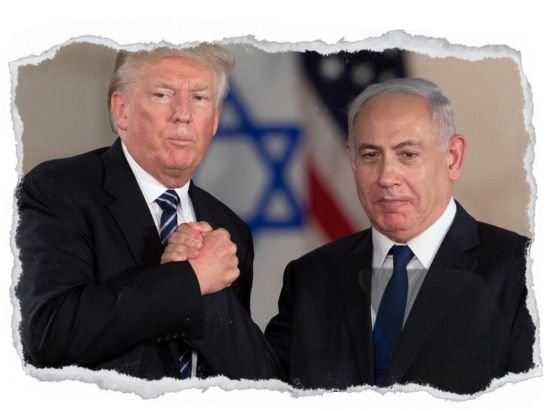
Washington D.C., August 1, 2025 – In a sweeping overhaul of U.S. trade policy, President Donald Trump has signed an executive order imposing new import tariffs on 92 countries, with rates ranging from 10% to as high as 41%. Notably, even long-time ally Israel has not been exempted, as it now faces a 15% tariff under the new framework — a reduction from the previous 17%, but still a strong message that “business comes before friendship.”
Under the new directive, Syria has been hit with the steepest import duty at 41%. Laos and Myanmar follow closely at 40%, while South Africa faces a 30% tariff. India, already under scrutiny for its trade imbalance with the U.S., has been slapped with a 25% tariff — significantly impacting its exports in key sectors like textiles and pharmaceuticals.
At the other end of the spectrum, all countries under this policy will face a minimum of 10% tariffs on goods imported into the U.S., making it clear that zero-duty preferences are effectively off the table.
In addition to Israel, the following nations have been placed in the 15% tariff category:
Africa & Americas: Angola, Botswana, Chad, Congo, Ghana, Guyana, Ecuador
Asia-Pacific & Europe: Fiji, Iceland, Japan, Jordan, South Korea, Turkey
Other Nations: Madagascar, Malawi, Mauritius, Venezuela, Vanuatu, Zambia, Zimbabwe
Notably, Canada, which earlier faced a 25% tariff, will now be charged 35%, signaling rising trade tensions even among U.S. neighbors and strategic partners.
According to White House sources, the administration’s primary objective is to reduce the ballooning U.S. trade deficit and generate higher federal revenue through customs duties. President Trump defended the move in a statement, saying, “The American people deserve fair trade. We’ve been taken advantage of for too long.”
This aggressive trade stance is already stirring global concern, with several governments expected to seek clarifications or exemptions. Analysts predict retaliatory tariffs or fresh trade negotiations could soon follow, as the U.S. realigns its global trade priorities in favor of economic nationalism.